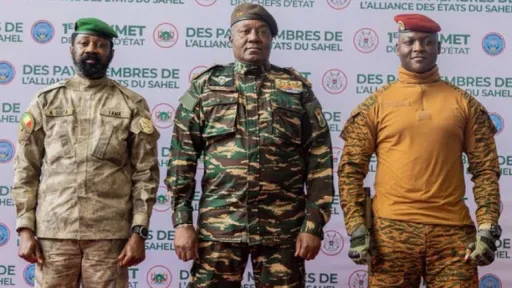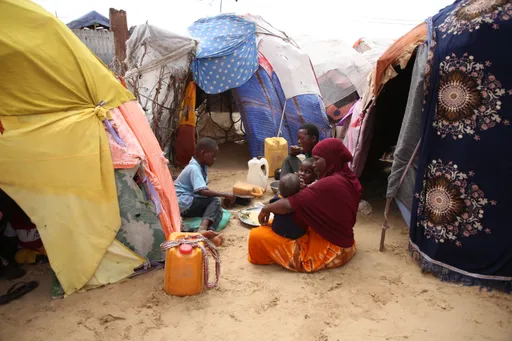By Jide Okeke
Africa is not suffering from a shortage of ideas. Nor is it lacking ambition or determination.
But Africa’s story is too often told in fragments: a headline about conflict here, a statistic about poverty there, a celebration of innovation or youth elsewhere. Moving beyond this narrative fragmentation requires both honesty and imagination.
Africa’s development journey remains challenging — and while progress demands action on multiple fronts, reclaiming our narrative stands out as an urgent imperative. That can only happen through a media ecosystem that reflects Africa’s full reality: its struggles, its perseverance, its successes and its potential.
Africa can — and should — do better. Yes, there is much to celebrate: our creativity, our resilience and our youthful dynamism. But we must also be honest about where we stand.

A few weeks ago, UNDP released the Multidimensional Poverty Index. The findings are stark: over one billion people globally live in poverty. More striking still is where poverty resides — around 740 million or 64.5 percent of multidimensionally poor people live in middle-income countries.
On paper, these countries appear to be doing well. But behind the GDP figures are households that struggle, youth locked out of opportunity and systems under strain.
The numbers don’t end there. Africa now spends close to $90 billion annually servicing external debt. Developing countries, including many in Africa, require an estimated $4.2 trillion to close the financing gap for the Sustainable Development Goals.
These figures show us that the divide between ambition and capacity is widening — and its consequences are felt in every community and every economy.
This is precisely where the media comes in.
Our challenges need authentic and locally led coverage — but so do our solutions. The stories we tell, the evidence we present, and the images we project shape public understanding and policy decisions.

When we show what works, policymakers listen. When we document what fails, citizens mobilize. To view the media as a passive observer in Africa’s development story is archaic — and it is remiss. Recognizing the media as a change agent in its own right is core to Africa’s prospects for reaching its fullest potential.
Consider the reach of today’s media ecosystem. Internet penetration may still be under 40 percent across the continent, but it’s growing rapidly. Nearly half of all Africans own a mobile phone. Access to television remains high.
Let’s take a moment to ponder just how powerful these tools are — not only for sharing information, but for influencing the policies and choices that determine how we live, work and grow. We must use them better — and we must do so with an urgency that matches the pace of our times: to amplify what matters, to connect evidence with action, and to shift not just perceptions but also public will.
How do we do that? We need a new partnership between the media and development actors. One grounded in truth, transparency and shared priorities. A partnership where the media isn’t simply a messenger, but a co-creator.
A critical friend. An independent voice. A watchdog. A solution-shaper. A force that is resourced, respected and recognized as essential to Africa’s policymaking ecosystem — not as an afterthought and certainly not a tool for publicity.
At UNDP, we are prioritizing investment in that partnership. That means engaging media early, listening to what they’re seeing, and responding when they hold us to account. It means valuing insight that comes not only from data, but from lived experience.
From my recent conversations with African journalists and storytellers at the UNDP Africa Media Clinic in Addis Ababa, it is clear that talent is not the problem. The will is there. What’s needed is a shared understanding that if we want to accelerate Africa’s development, we must also accelerate how we tell its story.
Because in the end, policy choices are shaped — and influenced — by perception. And if we want a different future for the continent, we must first reimagine it — and tell it — differently.
The author, Dr Jide Okeke, is the Director of the UNDP Regional Programme for Africa
Disclaimer: The views expressed by the author do not necessarily reflect the opinions, viewpoints and editorial policies of TRT Afrika.





























